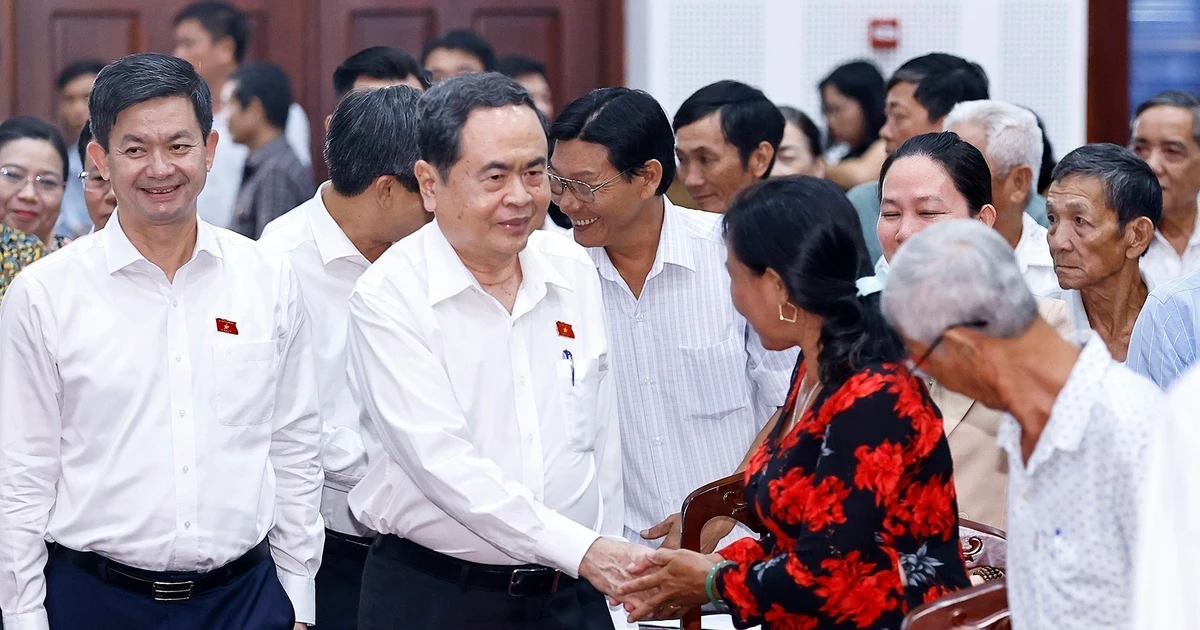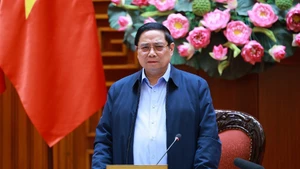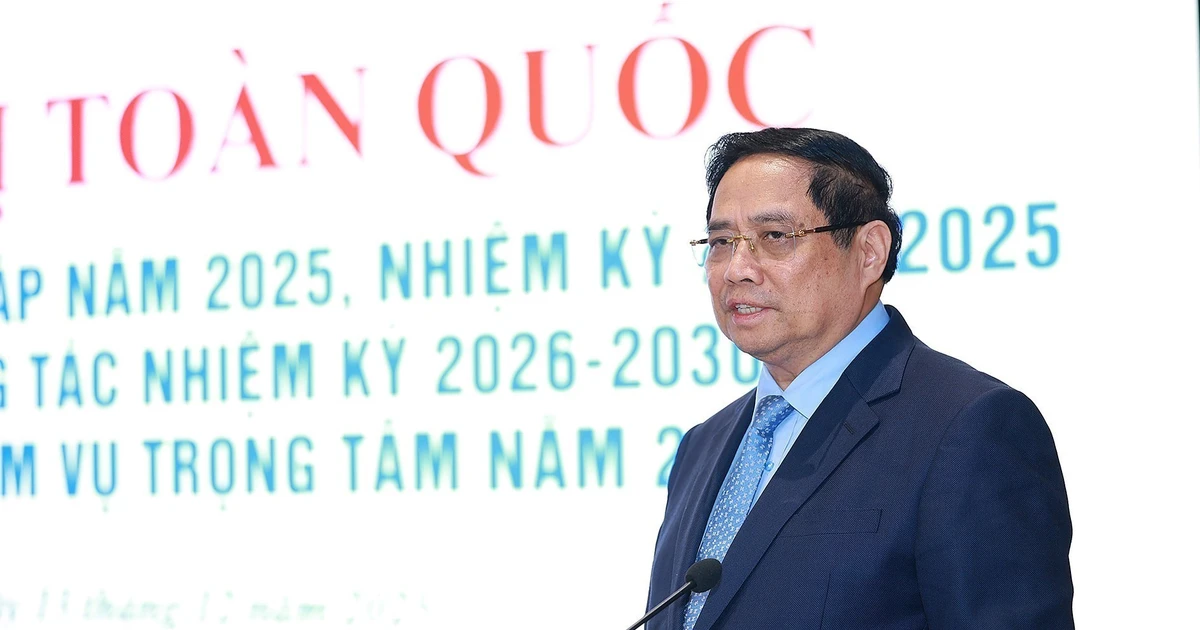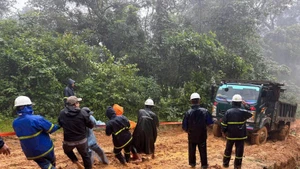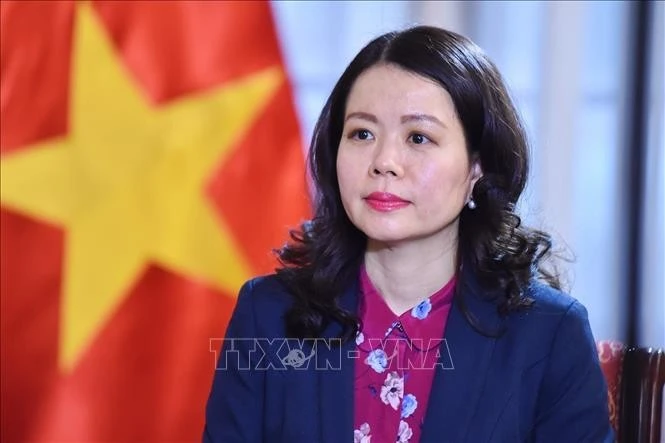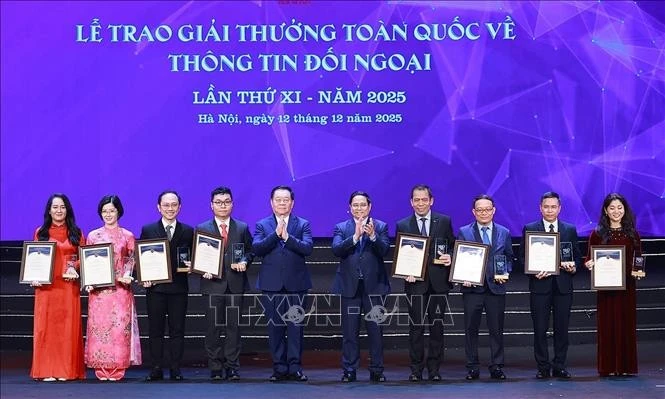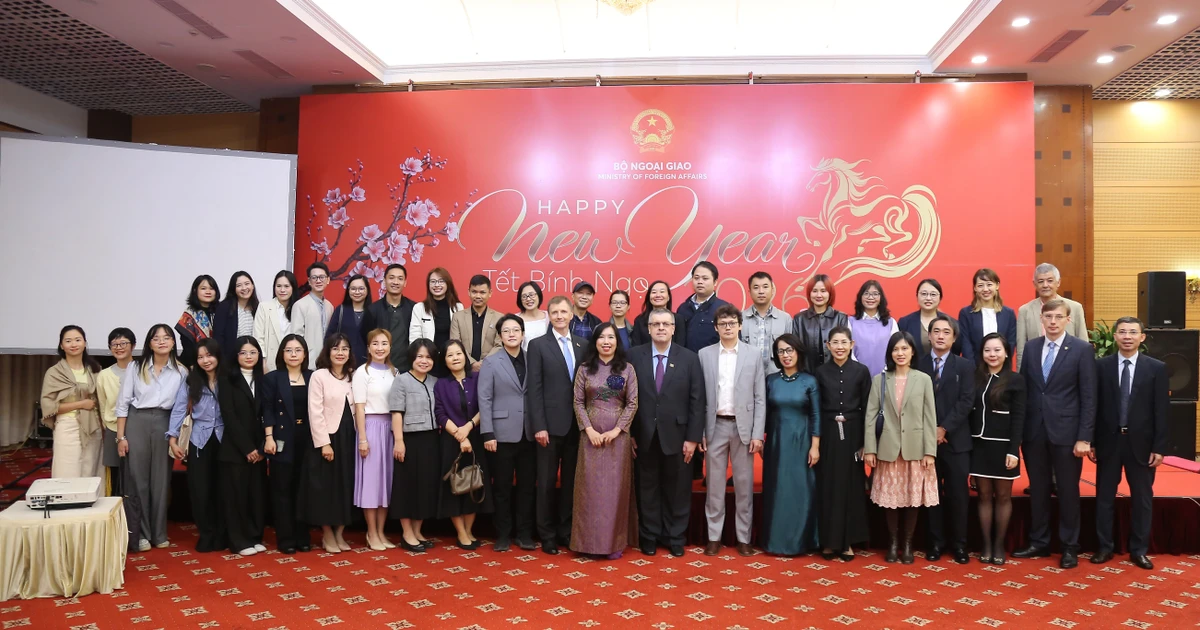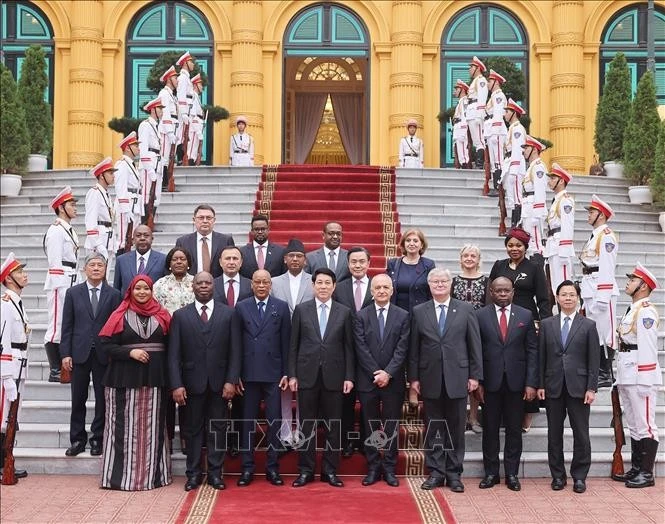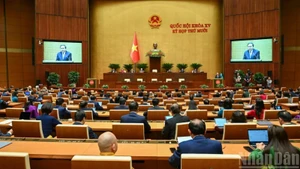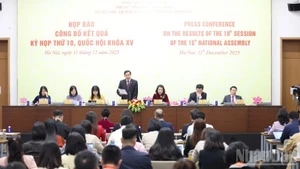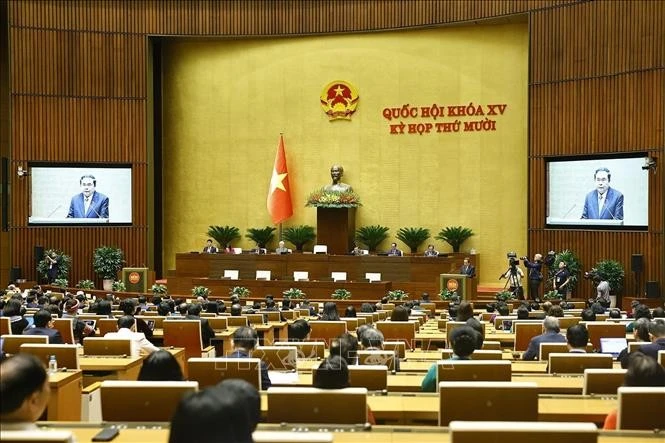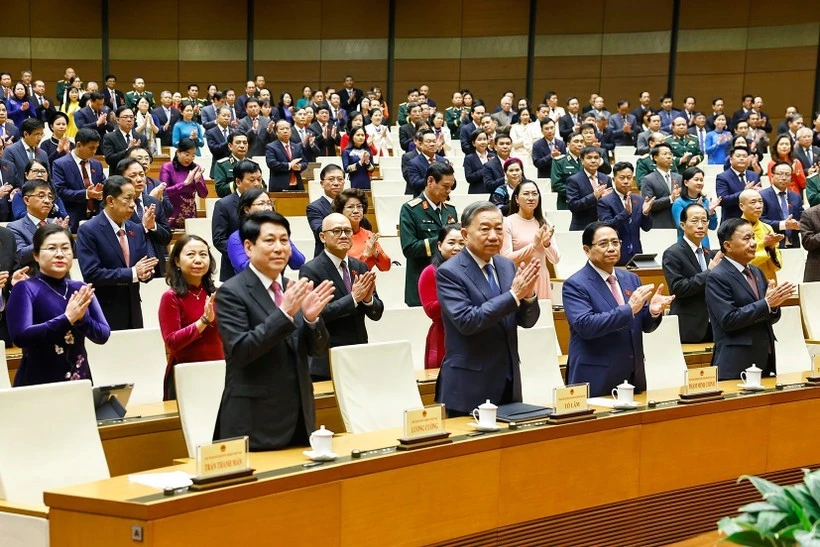This is the key to successfully reforming institutional frameworks and removing the "bottleneck of the bottleneck" to create a foundation, root, and launchpad for innovation and development.
With the aim of creating a transparent, simple, and easy-to-implement legal system, focusing on businesses and people at the centre, the expectations for Resolution No. 66-NQ/TW are immense. How could there not be great expectations when the Party’s guiding view clearly states: "The work of law-making and enforcement is the 'breakthrough of breakthroughs' in perfecting the institutional framework for the country's development in the new era; it is a central task in the process of building and perfecting the Socialist Rule of Law State of Viet Nam, for the people, by the people, under the leadership of the Party."
It must be affirmed that, over the past years, Viet Nam has made great efforts to reform the institutional framework and administrative procedures, issuing, amending, and supplementing numerous legal documents across all sectors. This has facilitated the activities of people and businesses, contributing positively to the economic-social development process and gradually helping the people grow richer and the country stronger.
However, in practice, there are still instances of difficulty, extortion, harassment, and negative behaviours in handling administrative procedures by a significant number of officials with power and authority. This discourages people and businesses, causing frustration and eroding trust in public servants and the Party's leadership.
With the determination to stop this situation, on May 22, 2025, Prime Minister Pham Minh Chinh signed Official Dispatch No. 69/CD-TTg, with a focus on completing the review and cutting down and simplifying administrative procedures, and sent it to leaders of ministries, agencies, and localities. The prime minister required that 100% of administrative procedures related to businesses be carried out online, seamlessly, effectively, transparently, and with minimal paperwork. Administrative procedures should not depend on administrative boundaries at the provincial level and must be completed in 2025.
The official dispatch also specifies that the government requires a reduction of at least 30% in the time for handling administrative procedures, 30% of compliance costs, and 30% of business conditions in 2025, with further reductions planned for subsequent years. This is clearly very positive news for businesses, especially in the context of the private economy being given special attention for development, as reflected in Resolution No. 68-NQ/TW (dated May 4, 2025) by the Politburo on the development of the private economy — another of the "four pillars."
The official dispatch further clarified that by May 20, through the review, there were 4,377 administrative procedures related to production and business activities; 8,977 business conditions; 3,086 products and goods requiring specialised inspection; 886 technical standards and regulations related to administrative procedures for production and business; and 640 reporting obligations for businesses. The total cost of compliance with administrative procedures is more than 120 trillion VND per year. As such, at least 25 trillion VND will be saved annually in administrative procedure compliance costs, providing businesses further resources to operate and grow. This is only a rough estimate, not to mention the time, effort, and manpower saved during the administrative procedure process.
This only addresses administrative procedures, one aspect of Resolution No. 66-NQ/TW. The thorough, systematic, and coordinated implementation of the "four pillars", along with monitoring and supervision, will ensure consistency and smooth execution across levels. Another basis for this strong belief is that before issuing resolutions, our Party has already provided guidance and thought leadership through writings by top Party and state leaders related to the content of these resolutions. Since issuing the resolutions, the Party has organised national conferences to thoroughly disseminate and implement them both directly and online, thus equipping officials and Party members, especially leaders of agencies, units, localities, and ministries, with the most basic content.
Looking only at the timeline and lifecycle of the resolution, it can be seen the scientific, systematic, clear, and feasible approach. Specifically, Resolution No. 66-NQ/TW on renewing law-making and enforcement clearly meets the requirements for the country's development in the new era, receiving great praise for its important orientations such as not criminalising civil, economic, and administrative relationships, and the principle that "people and businesses can do what the law does not prohibit." This is a crucial shift from a management mindset to a service mindset, creating a transparent legal environment to promote investment and creativity.
However, there are still some opinions suggesting that this reform is merely superficial, that while the resolutions are correct, precise, and excellent, their implementation is where the problem lies. They are concerned that the implementation from the central government to the local level will not be consistent, decisive, nor effective. These views, however, are not constructive and could be intentionally divisive, sowing doubt and hindering the resolution's implementation.
A clear example to refute these misconceptions is that the government's issuance of Official Dispatch No. 69/CD-TTg with a focus on completing the review, reduction, and simplification of administrative procedures is a concrete step following the Politburo and Secretariat's organisation of a national conference on disseminating and implementing Resolutions No. 66-NQ/TW and No. 68-NQ/TW on May 18, 2025.
With the clear implementation roadmap for the "four pillars" in general, and the specific content related to Resolution No. 66 in particular, clear working groups, and specific instructions from the central government down to the local level, the resolution’s execution is very clear.
Additionally, specific tasks are assigned in line with the responsibility of leaders. For example, Official Dispatch No. 69/CD-TTg “assigns ministers, heads of ministries, chairpersons of provincial People's Committees, and municipalities to be responsible to the government and the prime minister for the results of reducing administrative procedures, business conditions, compliance costs, while at the time being required to resolve administrative procedures within their scope of management; they are to report to the prime minister on the implementation results (in the administrative reform report) before the 25th of every month.”
The vast majority of experts, people, and businesses strongly believe that Resolution No. 66-NQ/TW will be the breakthrough solution in perfecting the institutional framework.
This is because the resolution affirms that law-making must closely follow reality, seize opportunities, and open the way to unlock all resources, making the institutional framework and laws a competitive advantage, a solid foundation, and a powerful driving force for development, thus creating the momentum to boost economic growth.
Once the institutional framework is perfected and the "playing field" is established, the people and businesses can freely unleash their creativity, dynamism, and talents to set goals and find solutions to achieve them, in an environment where "people and businesses can do what the law does not prohibit", thus making important contributions to creating a launchpad for the country to accelerate its transformation and create proud milestones in the current era of unpredictable global changes.
It can be confidently stated that with a clear roadmap, clear objectives, tasks, and responsibilities, the implementation of Resolution No. 66-NQ/TW, and the "four pillars" in general, in the near future will certainly achieve positive results, contributing significantly to the development of the country in the new era, where both people and businesses will experience certain, rapid, and sustainable growth.

